Trans drag performers Aja, Bosco and Kerri Colby speak about anxieties they face when travelling internationally due to gender marker discrepancies on passports
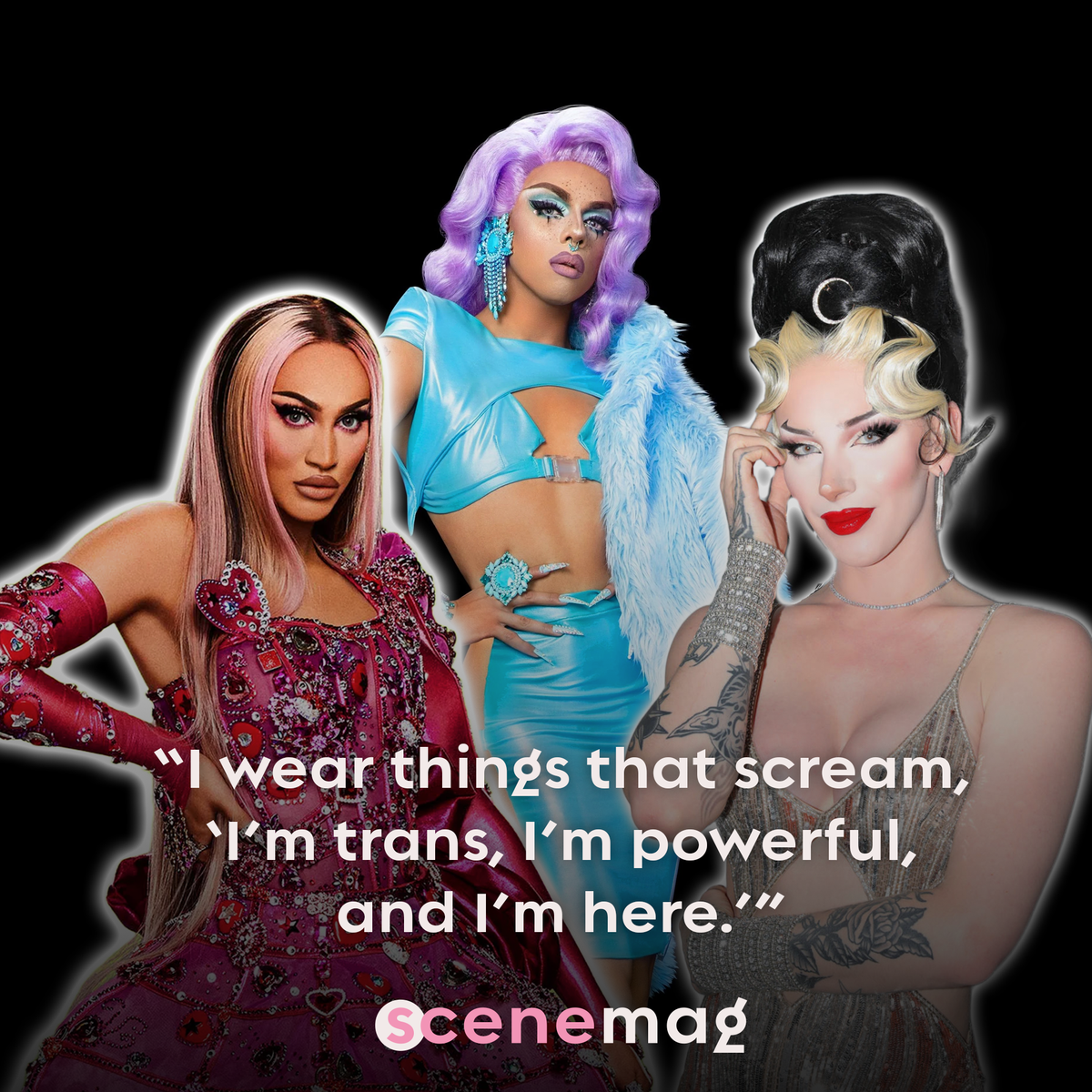
For Aja, a trans drag performer and contestant on RuPaul’s Drag Race All Stars 10, international travel involves more than costumes and choreography. It means navigating a system that often questions her identity at every checkpoint.
“I’ve had to cancel gigs because I can’t travel without risking harassment or detention,” Aja told USA TODAY. Despite having updated legal documents, she was recently denied a passport renewal with a female gender marker. “They called my documents fraudulent. What does that say about our government?”
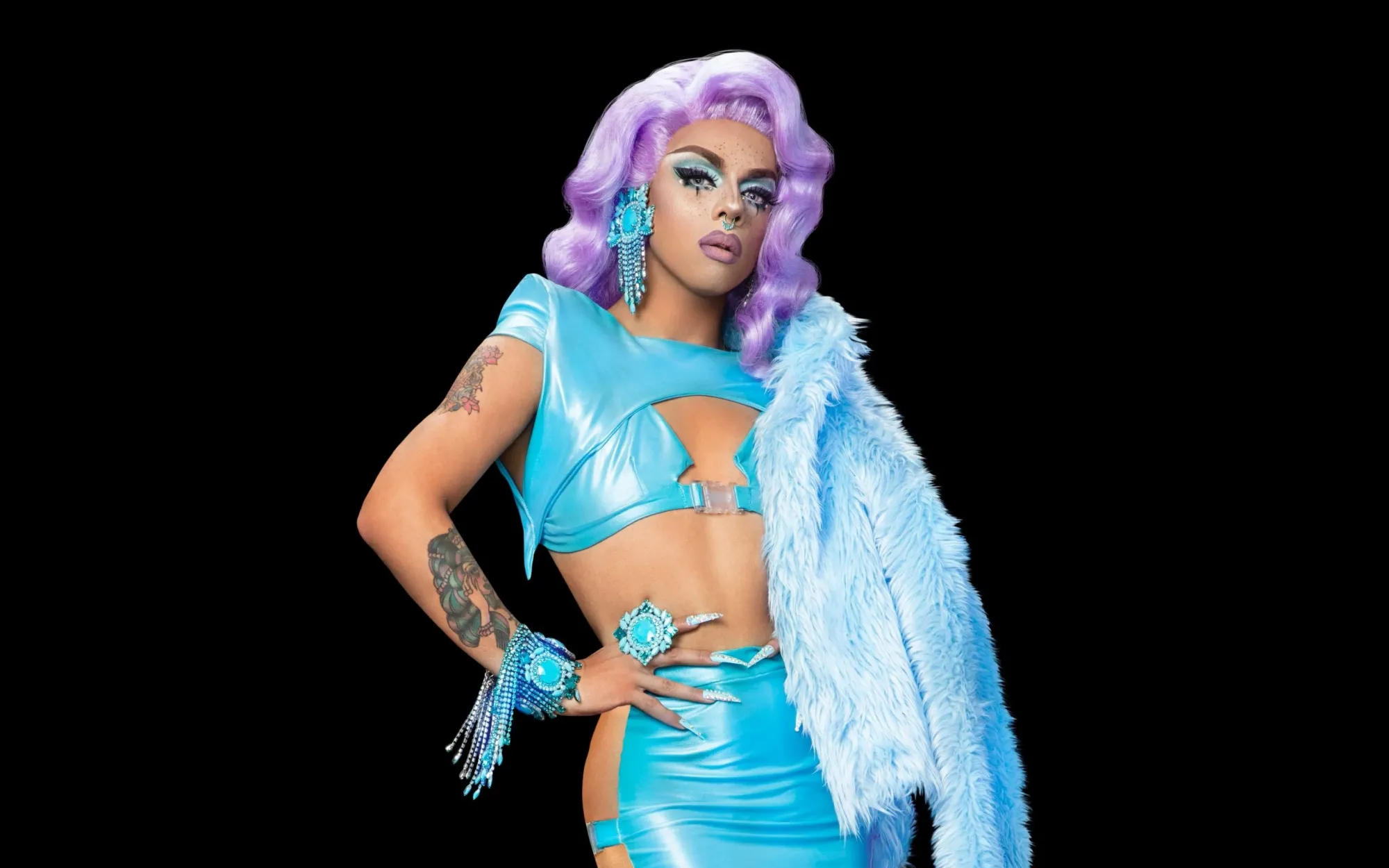
Aja’s experience reflects a broader issue. Trans and nonbinary individuals across the United States are reporting delays and denials when updating gender markers on passports, even when other legal documents are in order. The American Civil Liberties Union warns these bureaucratic hurdles disproportionately impact trans people’s ability to work, travel, and live safely.
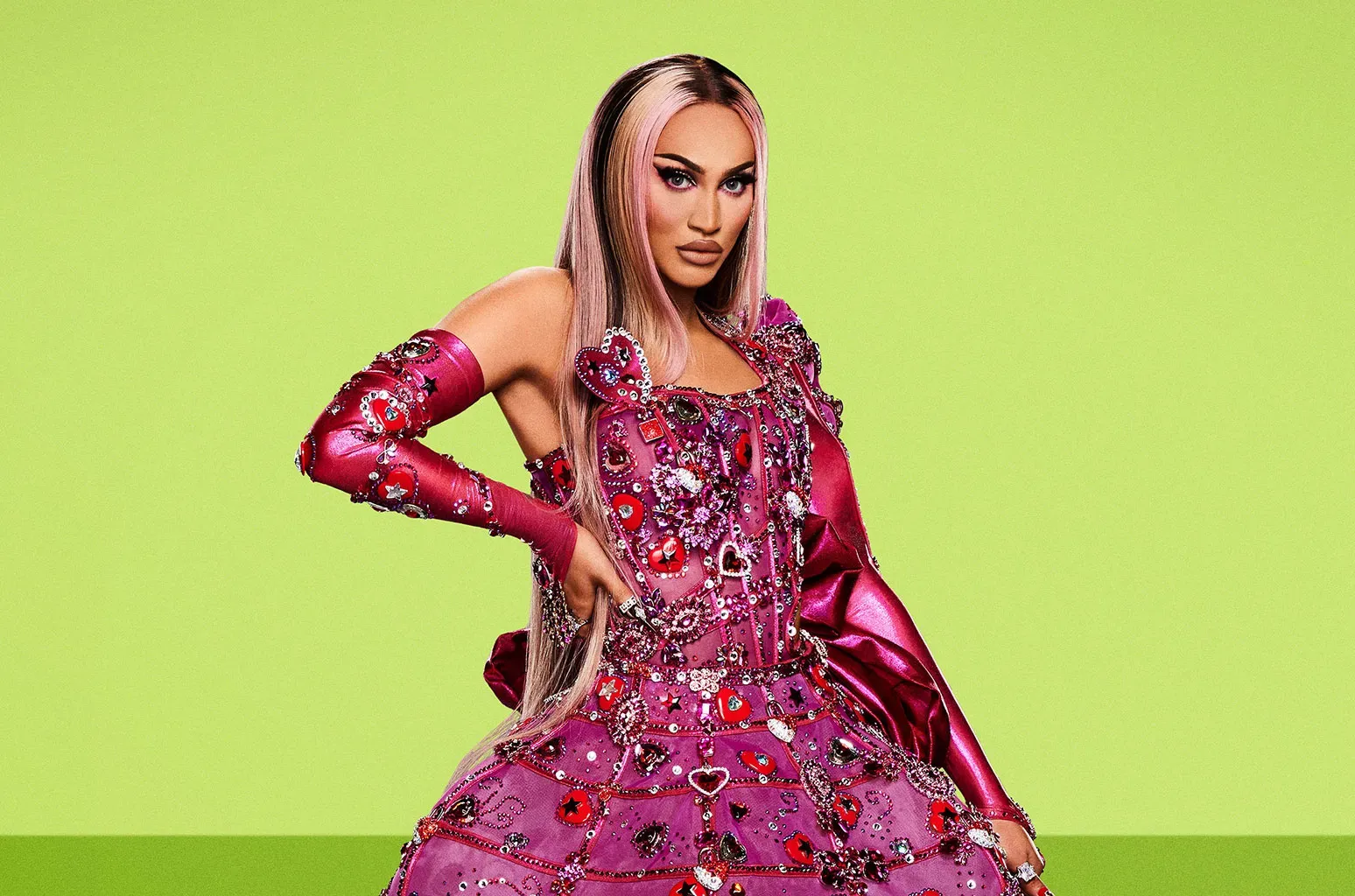
Bosco, another All Stars 10 contestant, has travelled internationally with a male marker on her passport. “It gums up the process. I could get detained depending on the layover,” she said. Kerri Colby described the experience as “psychological warfare,” where fear begins the moment she enters an airport.
The US State Department confirmed it now issues passports based on “biological sex at birth,” in line with a recent executive order that recognises only male and female sexes. The policy has sparked concern among trans advocates, who say it erases their identities and endangers lives.
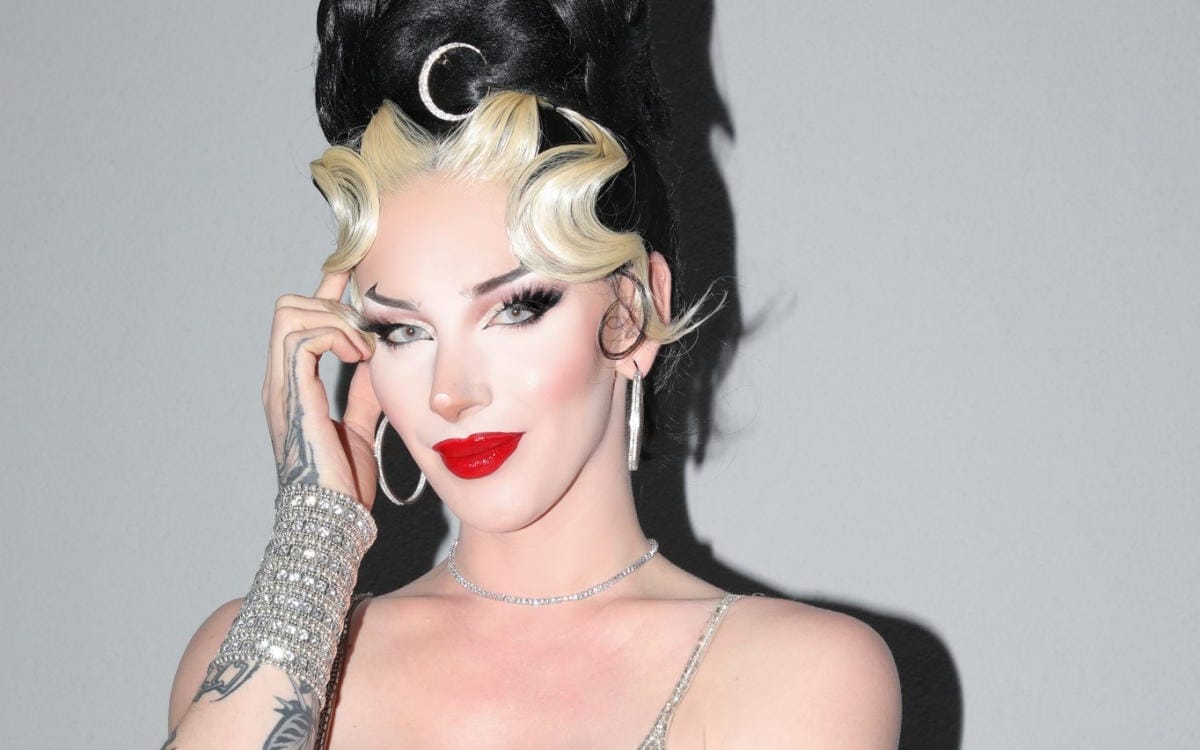
For performers like Aja, Bosco, and Kerri, drag is more than entertainment—it’s resistance. “My drag has become a protest,” Aja said. “I wear things that scream, ‘I’m trans, I’m powerful, and I’m here.’”
Despite the challenges, they remain committed to visibility and community. “We’re not fighting for anything but the right to breathe,” Kerri said. “And that’s heartbreaking.”
Still, their presence offers hope. “When someone says seeing me helped them live more authentically—that’s power,” Aja said. Bosco added, “It’s healing to be that for someone else.”
Whether on stage or in transit, these performers carry more than their art—they carry the weight of a community fighting to be seen, heard, and free.


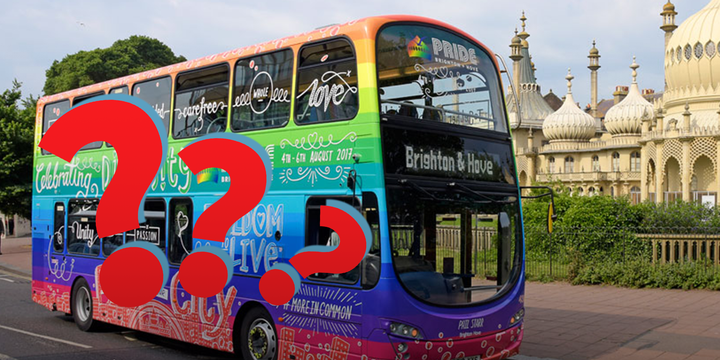
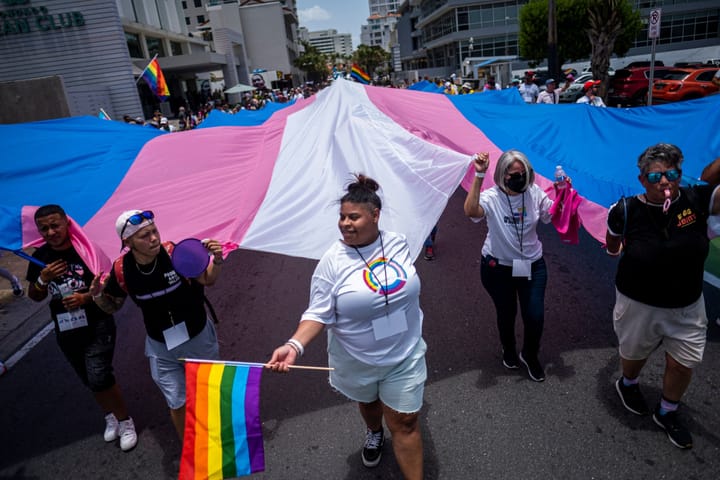
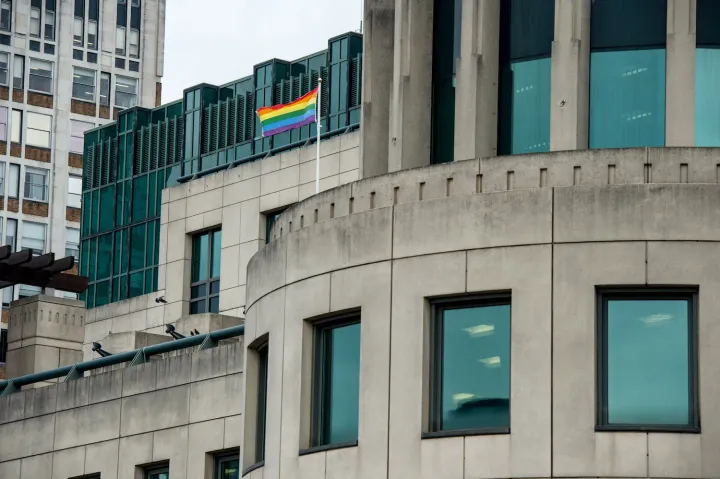
Comments ()